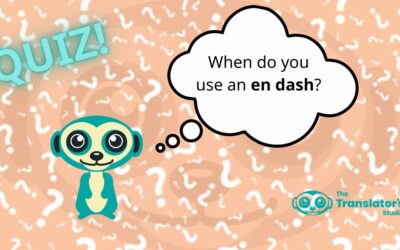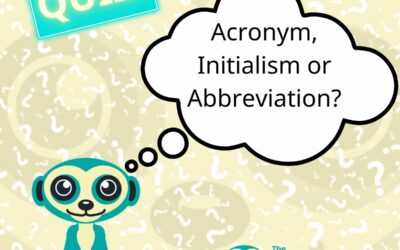Do you know how to use the semicolon? Do this quiz to find out how much you know about our little not-a-comma-but-not-a-full-stop friend.
Hand on heart, are you a bit scared of semicolons? Whether you need a quick review or you’re a semicolon master, this quiz has your name all over it! Try your hand at our quiz to either prove your semicolon smarts or find out all you ever needed to know. Ready? Here goes.

Are these statements about using semicolons true or false?
1. You should use a capital letter after a semicolon.
2. You can use a semicolon to join two sentence fragments that are closely related.
3. The most common use of the semicolon is to join two independent clauses without using a conjunction like and.
4. You should use commas rather than semicolons to divide the items in a complex list.
5. You should use a semicolon to introduce a series of things.
Scroll down for the answers…

Answers to semicolon quiz
1. False. Don’t capitalise ordinary words after a semi-colon.
2. False. This use of the semi-colon is to connect two independent clauses, that is, clauses that can stand alone as grammatical sentences; independent clauses have a main verb and aren’t sentence fragments.
3. True.
4. False. A good technique for punctuating a complex list (that is, a list that includes items with subclauses that will make the list difficult to follow if only commas are used) is to use an introductory colon and then place semi-colons between each item. E.g. There were 10 participants in the meeting: three from Newcastle, which is the location of our headquarters; four from the Mexican division, all of whom speak excellent English; two from Delhi, India; and one from Marseille, France.
5. False. Use a colon to introduce a series. She planned to visit three cities in America: Los Angeles, New York and Chicago.
Get clear on punctuation!
Professional translators, editors and proofreaders must know how to punctuate. Learn punctuation fast, become confident and impress clients with Punctuation Pro, the punctuation course for professionals.





0 Comments